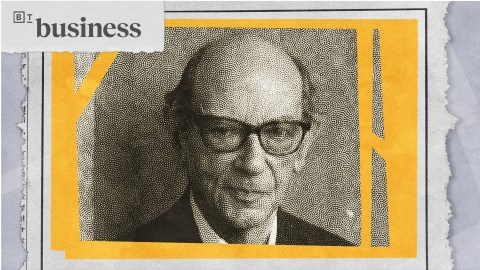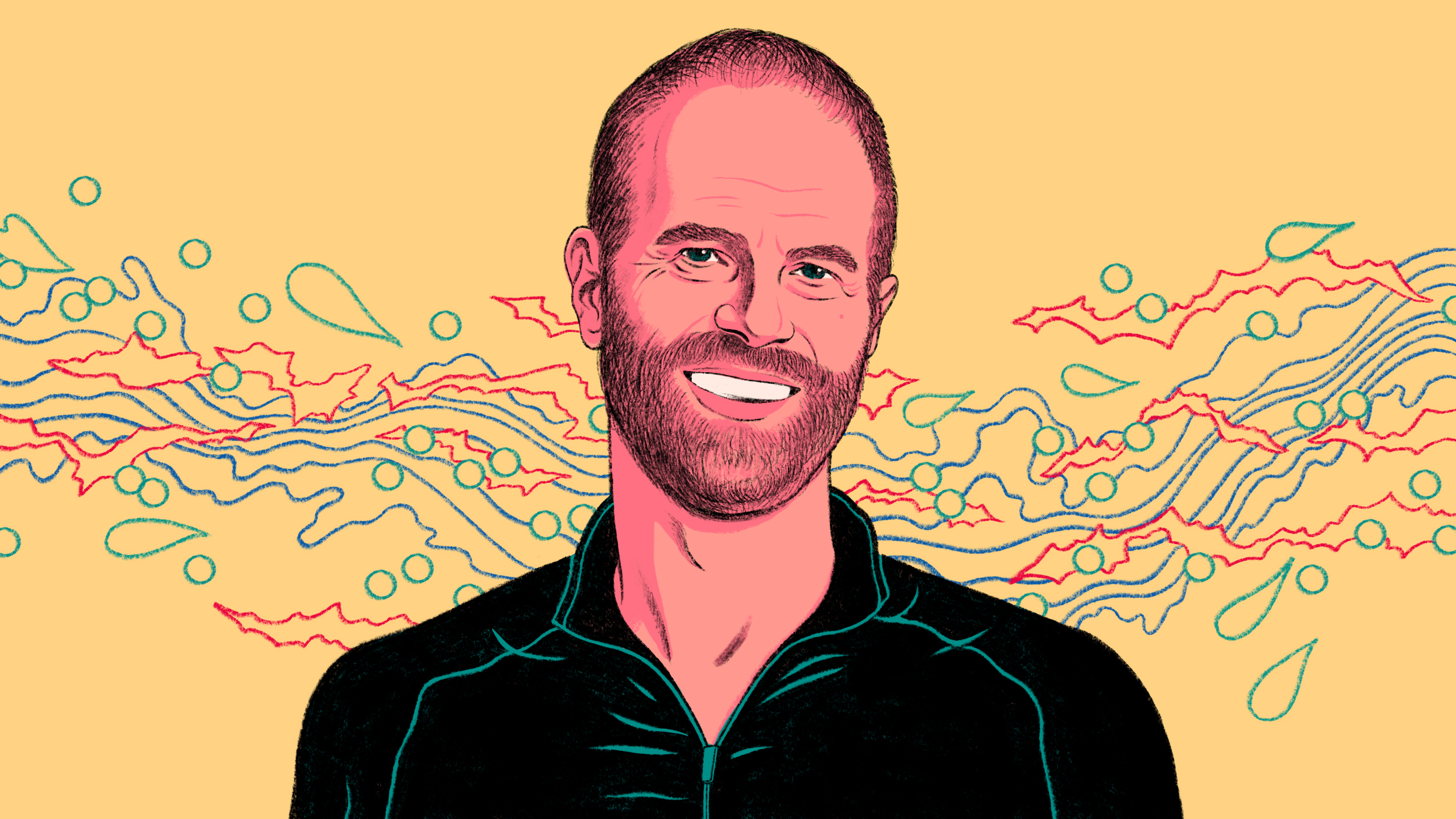Do you try to avoid your boss? For Isaiah Berlin that’s a big problem

- The philosopher Isaiah Berlin gave us a distinction between negative freedom, or “free from,” and positive freedom, or “free to.”
- Many people equate freedom and happiness with being “free from” — they don’t get told off, don’t get in trouble, and don’t get fired.
- This isn’t a recipe for a happy and productive workplace. Here are three ways to turn negative freedom into positive.
Every now and then, I fantasize about the end of the world. I imagine what it would be like if it were just me left (and a few loved ones, I suppose). I run through all the fun to be had — the fast cars I’d drive, the mansions I’d commandeer, and the luxury clothes I’d wear. There’d be no need to go to work, no need to worry about money, and no need to navigate the delicate waltz that is social nicety. My imagination drifts into the contented liberation of apocalyptica.
But, after a while, I know things would grow stale. I’d be free from the constraints of certain things, but not free to do others. There are no laws or expectations, and nothing more than that either. It’s a good way to understand 20th-century theorist Isaiah Berlin’s positive and negative freedom. Learning about Berlin’s distinction not only reveals an important philosophy; it’s also a great way to understand human flourishing more broadly in every walk of life.
Workers and shirkers
Although the idea predates him, almost all literature on the topic will call it Berlin’s differentiation of freedom. Negative freedom is “freedom from chains, from imprisonment, from enslavement by others… to seek to curb interference and exploitation by men whose ends are theirs, not one’s own.” It means not being forced to do something, either directly (as with coercion) or indirectly (as with existing cultural and political structures).

Positive liberty, however, is the ability to pursue your own goals on your own terms. It involves having a variety of options available, along with the space and power to choose among them. It’s about “self-direction,” “self-mastery,” and “self-realization.”
In the 1950s, MIT professor Douglas McGregor gave us the Theory X and Theory Y concepts of human motivation, especially as applied to the workplace. Theory X is one ruled with an iron fist holding the HR disciplinary action handbook. It sees workers as lazy shirkers who will cut corners as much as possible so long as they can still get a pay check. So, Theory X managers use surveillance and punishment to keep their team in check. Theory Y is the opposite. Theory Y managers will tell you, “My team is like my family.” They pen work-loving LinkedIn posts and seem to actually mean them. Theory Y sees the vocation in the job and imagines colleagues are all in it to do the best they can.
It’s easy to see how Berlin’s types of freedom can map onto McGregor’s Theory X and Theory Y. When we work under Theory X conditions, we are living in hope of “free from” negative freedom. A successful day is when we meet the quota. A good year is avoiding the boss’s attention. Head down, do the work, and stay free from punishment. Theory Y conditions, though, are about growth. A happy workplace is not merely about the removal of obstacles and the avoidance of rebuke but also about the provision of opportunities. It’s not enough to be rid of a tether. We need to be able to choose and walk our own path.
Everyday freedoms
Follow the research. Over recent years, there’s been a body of research proving Berlin and McGregor’s point. Nie et al. (2023), for instance, concluded that “a job is no longer only regarded as a way to obtain financial rewards but also as an approach to realize one’s self-worth, express one’s own assertion, and enhance one’s well-being.” Giving employees freedom and job satisfaction is important to their overall happiness. This has two implications. First, managers need to take note that if they create a negative freedom environment with Theory X thinking, their workers are more likely to burnout and, ultimately, be less productive. Second, if you’re an employee working in that kind of environment, you should think twice about your career progression. Yes, a job is about money. But a bad job with a bad boss might seriously damage your mental health.
Attend the right kind of training day. Okay, so your boss got the memo: positive freedom, growth, and Theory Y. Give the team opportunities. So, your boss digs out the spreadsheet and finds $3000 for a compulsory training day. The company goes wild! Hooray! Corporate Strategies Ltd. comes into town for a day of team-building exercises and PowerPoint presentations, with 30 minutes to enjoy the free lunch of soggy sandwiches. The problem, though, as the former Chief Learning Officer at LinkedIn, Kelly Palmer, tells Big Think+, is that “billions of dollars are being spent every year … on generic information. What we find is that most employees go back to their desk and continue to do what they did before they actually went to the class.” Check out Palmer’s lesson on how to make training days and company learning actually work.
Pursue acts of micro-freedom. Training days and managerial strategy are not the only ways to increase a sense of positive freedom. Everyone in a company can do so in everyday acts of micro-freedom. If a colleague asks for help, don’t do the task for them; show them how to do it themselves. Check up on your work friends as much as possible; push them, support them, and tell them to go for that promotion. Network across as much of your company as possible, and recognize that every single person you meet is an expert in a field you want to learn more about. There’s positive freedom to be had everywhere, and it’s often in everyday conversations over lunch.





